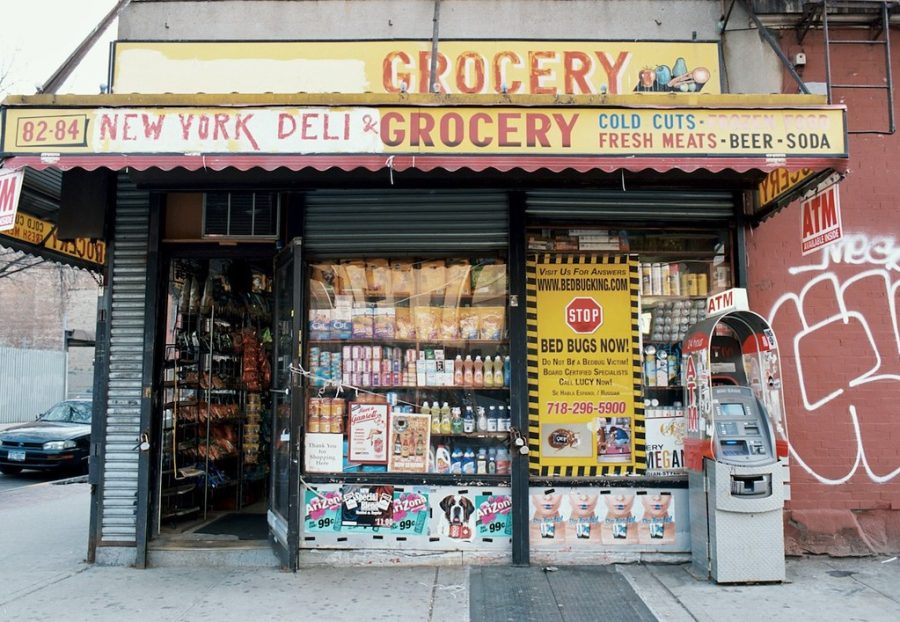NYC can do more to protect bodega workers
March 20, 2023
The New York City Police Department arrested a man accused of killing a bodega worker on the Upper East Side earlier this month in a series of armed robberies spanning several boroughs.
The grainy footage of violent robberies in multiple bodegas and corner stores is a grim reminder of how New York City has long failed to ensure bodega workers’ safety.
But the solutions proposed by New York City Mayor Eric Adams and the United Bodegas of America, an organization that represents over 15,000 shop owners, might be harmful to some of the city’s most diverse and underserved communities.
Mayor Adams suggested in a radio interview that shop owners should turn away customers who refuse to lower their masks upon entering, a gesture he said would dissuade potential robbers from burglarizing bodegas.
United Bodegas of America supported Adams’s idea. Director of Communications Fernando Mateo told The Guardian that the organization “may resort to trying to get permits for bodega owners to carry weapons to defend themselves.”
An anti-mask mandate won’t be heeded by anyone already set on robbing a store and might endanger New Yorkers with disabilities. And arming bodega workers will likely only exacerbate gun violence and increase the likelihood of deadly altercations.
After being forced to endure waves of violence and economic turbulence at the peak of the pandemic, bodega workers deserve better solutions.
Beyond being a beloved cultural staple of New York, corner shops are some of the city’s oldest minority-owned businesses. In the 1920s, Jewish delis became a mainstay among New York City storefronts, selling an assortment of foods and everyday products.
Waves of migration from Puerto Rico and the Dominican Republic during the ‘40s, ‘50s and ‘60s cemented bodegas as a trusted institution among New York City’s most diverse communities. Today, almost half of all NYC bodegas are estimated to be owned by Yemeni Americans.
Advancing the safety of bodega owners in New York City means advancing the prosperity of some of the city’s most essential minority-owned businesses, most of which are family-run and deeply integrated into their surrounding community.
Improvements to public safety can be found at the corner store, too. It’s up to the city to buy into it, and it all starts with pragmatic solutions to protecting bodega workers.






